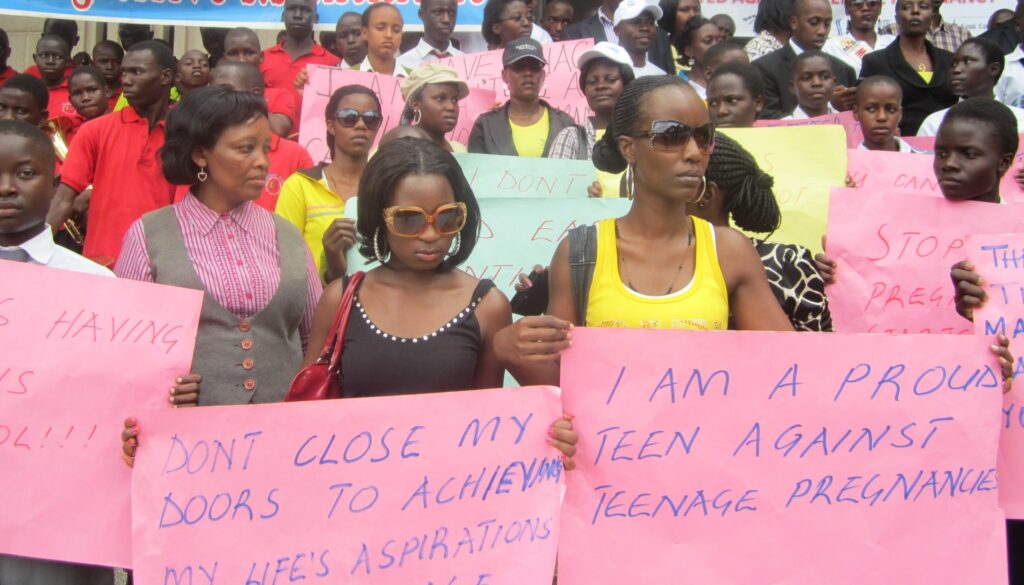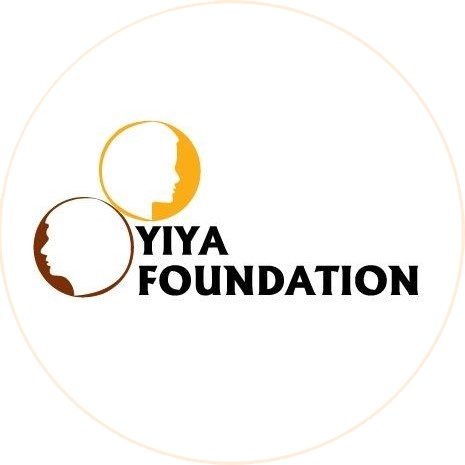
Human Rights & Peace Building (UBUNTU)
Uganda serves as a source country for men, women, and children trafficked for forced labor, human organ trade and sexual exploitation. Ugandan children are trafficked within the country, as well as to Canada, Egypt, the United Arab Emirates, and Saudi Arabia, where they are subjected to forced labor and commercial sexual exploitation.
Women and children from Karamojong communities are sold in cattle markets/cross boarder (Kenya, Tanzania, Somalia, and D.R. Congo) or through intermediaries and forced into domestic servitude, FGM practices, sexual exploitation, herding, and begging on the streets in big towns/cities of Uganda.
Labour export firms in Uganda recruit Ugandans to work as security guards, housemaids, and waiters in the UAE, Qatar, and Saudi Arabia, where their travel documents and pay have allegedly been withheld to prevent their departure. These are possible cases of human trafficking and organ trafficking.
Uganda’s history is dotted with numerous instances and epochs of social, political, economic and religious conflicts, and wars, and yet resolution, reconciliation and peacebuilding efforts have not equaled them. The effects of which have and continue to resolutely manifest in a variety of adverse social behavior such as terrorism and violence in the public and private domains (bombings, riots, crimes, domestic violence, etc.) and morbidities (addictions, psychotic break downs, stress, etc.).
Therefore, Ubuntu is intended to transform socio-economic structures in order to reduce poverty and violence in communities and, more importantly, to promote human rights, peace and justice, and in the long term, sustainable development.
Owing to the intricately interwoven and crosscutting nature of human rights and peacebuilding, it has necessitated Ubuntu to target a wider section of the populace to include; children, youth, women, gender sensitive men, the aged, persons with special needs and other minority groups.
Ubuntu’s core activities mostly revolve around: human rights advocacy; peacebuilding and conflict mitigation; conflict early warnings and emergency response; and survivors’ rehabilitation, legal aid, and family re-unification, resulting from cross border and intertribal atrocities.
FAQs
- To promote a human rights approach to governance and peacebuilding for sustainable development in Uganda.
- To focus stakeholders’ attention on accountability to respect, protect, promote and fulfil all human rights of all people (without exception to our interest groups) in Uganda.
- To build the capacities of both duty bearers and rights holders, particularly at the grassroots, to focus on accountability, as a critical ingredient of effective and transparent delivery of social services.
- To provide psycho-social support to enable the target groups to live and thrive in their environments with confidence and a healthy emotional mind frame equipped with knowledge of their rights and where to get the help and support needed.
- Young People’s Focus Groups to have their say in the formulation of National Peace Building Policy (Uganda) – Gulu, Moroto, Fortportal, Mbarara & Kampala.
- Collection of young people’s opinions to inform the formulation of the MDGs (SDGs) – Western, Eastern, Northern & Central Uganda
- Anti-Child/Human Trafficking Awareness Campaigns – Buyende & Kampala
- Sheltering and Rehabilitation of Survivors of Child/Human Trafficking – Buyende & Kampala
- Anti SGBV and FGM Awareness Campaign – Karamojo, Sebei, Busoga, and Buganda Districts
- Persons with Disabilities (PWDs) Inclusion Awareness Campaigns – Kampala
- Building Awareness around partinent days’ themes of International Days. – Nationally
To supplement the above efforts to foster respect for human rights and build peace, at YIYA Foundation’s St. Rita Cradles (survivors’ shelters) we shelter, rehabilitate, give safe spaces and alternative skills to survivors of child/human trafficking. Today YIYA Foundation operates two survivor shelters one in suburban Kampala and the other in rural Buyende district. While there, survivors recover and are later reintegrated into their respective communities of origin. This is all made possible at YIYA Foundation by establishing collaborations, partnerships and networks right from the grassroots, up to the national and international levels.
